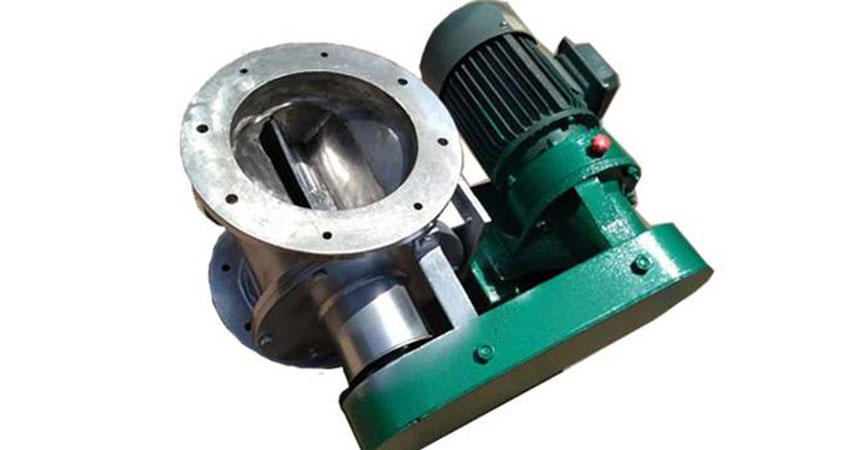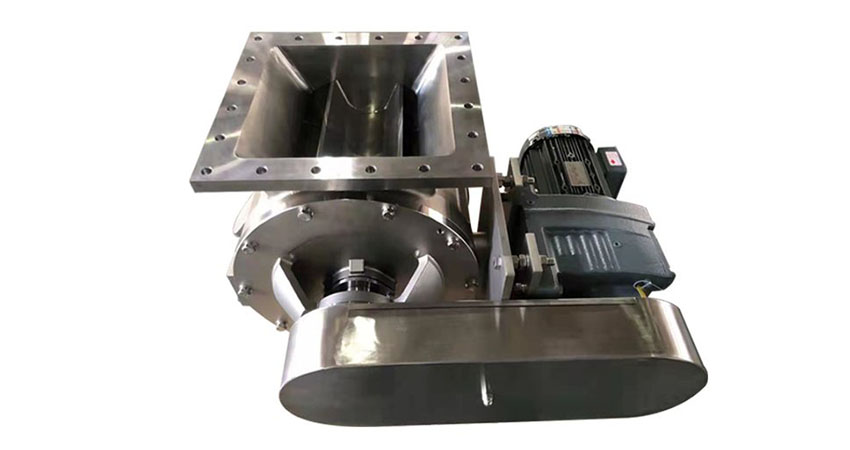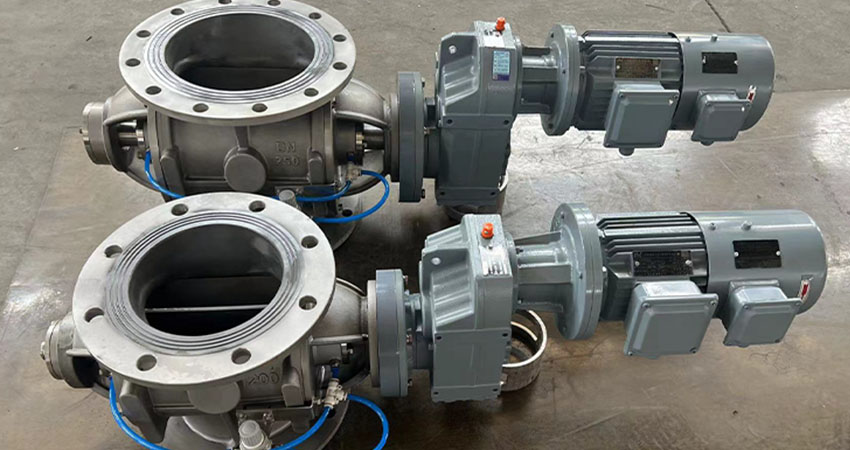Stainless Steel Rotary Valve for Sale
The stainless steel rotary valve has excellent corrosion resistance, enabling it to operate stably for a long time in humid, acidic, alkaline and other harsh environments. This significantly extends the service life of the equipment and reduces the maintenance and replacement costs of the enterprise. Moreover, the stainless steel rotary valve has high conveying efficiency. It can adjust the rotational speed of the impeller according to different production needs, precisely control the discharge volume of the materials, thereby improving the efficiency and stability of the entire production process.
Application Scenarios
- Environmental Protection Field: Used for discharging ash from bag dust collectors, especially suitable for high-sulfur gas environments.
- Food Industry: Prevents material contamination and complies with hygiene standards.
- High-Temperature Conditions: The water circulation cooling system can increase the temperature limit to 1000°C.
- Material selection
- Performance Advantage
| Material | Scene | Average lifespan (hours) | key influence factor |
| 304 stainless steel | Suitable for medium and low corrosive environments (such as coal-fired boilers, with Cl⁻ concentration < 500 ppm), with an annual corrosion rate of ≤ 0.05 mm | 26,000-44,000 | l Material viscosity
l Rotary speed |
| 316 stainless steel | Contains molybdenum element, with the corrosion resistance to chloride ions enhanced by 3 times, suitable for high-corrosion scenarios such as waste incineration. | 13,000-26,000 | l Chloride ion concentration
l cleaning frequency |
| Titanium alloy coated stainless steel | Under extreme conditions, the corrosion rate can be reduced to 0.01 mm per year, but the cost is relatively high. | 10,000+ | l Coating integrity
l temperature fluctuations |
- Sealing performance
The polished inner wall (Ra ≤ 1.6 μm) reduces dust adhesion, and the elastic impeller design facilitates cleaning. The sealing performance is superior to that of ordinary carbon steel models. - Corrosion resistance
The stainless steel material can resist acid, alkali and salt corrosion, ensuring the cleaning requirements in the food and pharmaceutical industries. - Customization
Supports square/round flanges, variable frequency speed regulation, sensor monitoring and other configurations, suitable for different working conditions.
Check the tightness of the flange connection and replace the worn-out blades (replace if the gap is greater than 2mm).
The reducer should be oiled once a year, and the bearings need to be replenished with lithium-based lubricating grease every 3 to 6 months.
Food/Pharmaceuticals: Free from contamination and in compliance with hygiene standards.
Environmental Protection/Chemical Industry: Resistant to sulfide and chloride corrosion.
High Humidity Environment: 316 stainless steel can prevent moisture corrosion.






